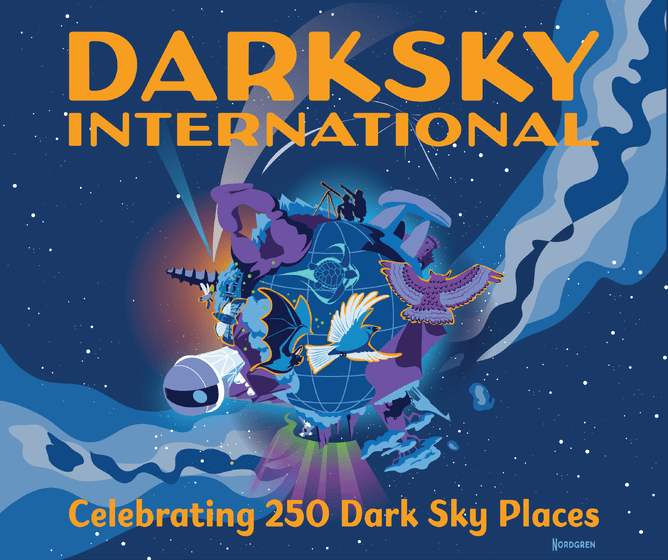Dark sky protection levels widen across the globe
Wairarapa’s Dark Sky Reserve has congratulated DarkSky International for accrediting 250 dark sky places across the globe _ as people work to preserve the sky scape above from growing light pollution. “The dark sky protects human health, animal, bird, tree and insect health _ by ensuring essential darkness is shielded from unnecessary light,” Wairarapa Dark Sky Reserve chair Viv Napier said in a statement. These protected areas serve as vital sanctuaries for wildlife which depend on natural darkness and for people seeking connection with the cosmos.
“DarkSky International is growing protection of the night sky as more and more people around the globe are seeing light pollution mask their view of the stars,” Napier said. Research shows as many as 90 percent of the world’s population now have light pollution masking their views of the Milky Way. Light pollution is reported to be growing by 10 percent a year world-wide.
Wairarapa gained dark sky reserve status in 2023, while South Africa’s Lapalala Wilderness Reserve has just become the 250th dark sky place and part of a growing global network where pristine dark skies can be experienced and are actively protected, Napier added.
Ruskin Hartley, DarkSky’s Executive Director, said in a statement that dark sky place applications are increasing, and the program continues to evolve with new and broader ambitions. “In New Zealand, for example, advocates are exploring a path to make the entire nation Dark Sky certified—an unprecedented effort in global conservation.” “The stars are the limit for this program.” “With continued support from our global community, we’re confident we’ll reach record numbers of certifications in the years ahead. Dark skies cannot be overlooked in the environmental movement—or in any effort to create a better world,” he added.
Global dark sky locations: https://darksky.org/what-we-do/international-dark-sky-places/
